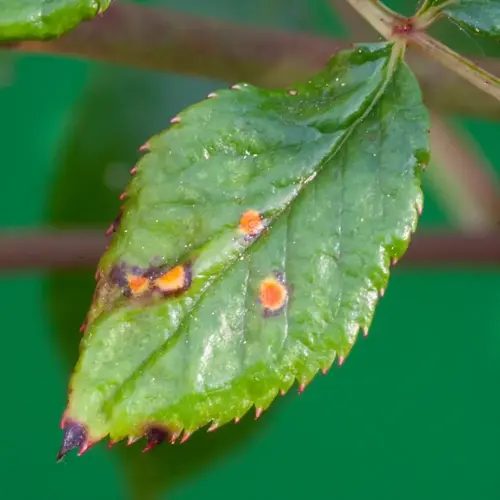What oils effectively control scale insects?

Written by
Olivia Mitchell
Reviewed by
Prof. Charles Hartman, Ph.D.Horticultural oils provide effective physical control against scale (insects). They kill by suffocating the pest rather than by chemical poisoning. Different oils are used for other seasons. Dormant oils kill in the winter resting stage. Summer oils kill those in an active stage. The essential oils give a certain repellent effect.
Dormant Oils
- Apply heavy petroleum-based oils during winter dormancy
- Target bark crevices where nymphs overwinter
- Use before bud break in late winter/early spring
- Avoid application below 40°F (4°C) or above 70°F (21°C)
Summer Oils
- Use lightweight neem or canola oil during growing season
- Spray at dawn when temperatures are below 85°F (29°C)
- Cover all surfaces until runoff occurs
- Reapply every 7-10 days during active infestations
Essential Repellents
- Rosemary or peppermint oil as supplementary deterrents
- Mix 10 drops per quart with summer oils
- Apply to plant perimeter weekly
- Never use as standalone treatment
Use oils at the right times. Dormant oils are applied before spring growth starts. Summer oils are applied when peak leaf-eating crawlers are present. Most oils require frequent use. Temperature limits are used for the safety of plants. Spray them only when the weather is neither too hot nor too cold. Proper use of this factor assures the best effects.
Incorporate oils with additional methods. Add EO's to your summer sprays to enhance repellency. Use the oils with biological pest control measures during dormant treatment. Rotate the type of oil used from one season to the next. This "layering" of products helps prevent resistance and provides year-round protection against all kinds of scale.
Observe for phytotoxicity after applications, and check scale mortalities 3 days after treatments are made. Submit samples for identification in extreme cases. Adjust the concentration according to the plant's sensitivity when applied in mixtures, and document results for future use. Oils are most effective when used in conjunction with Integrated Pest Management procedures.
Read the full article: Scale Insect Treatment: Save Your Plants Now

